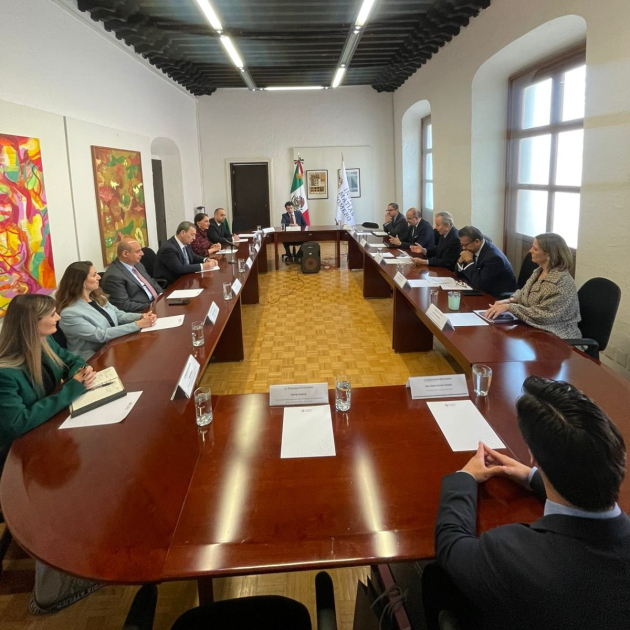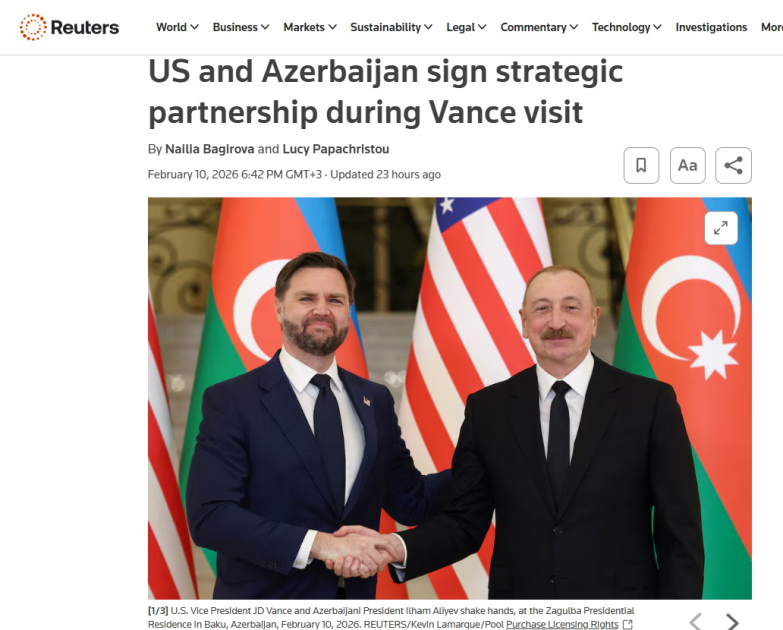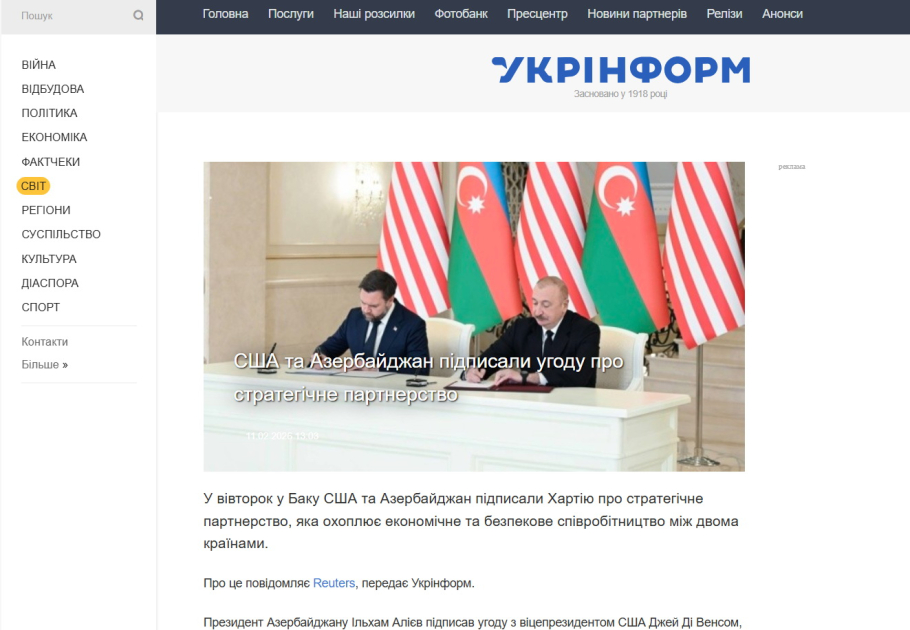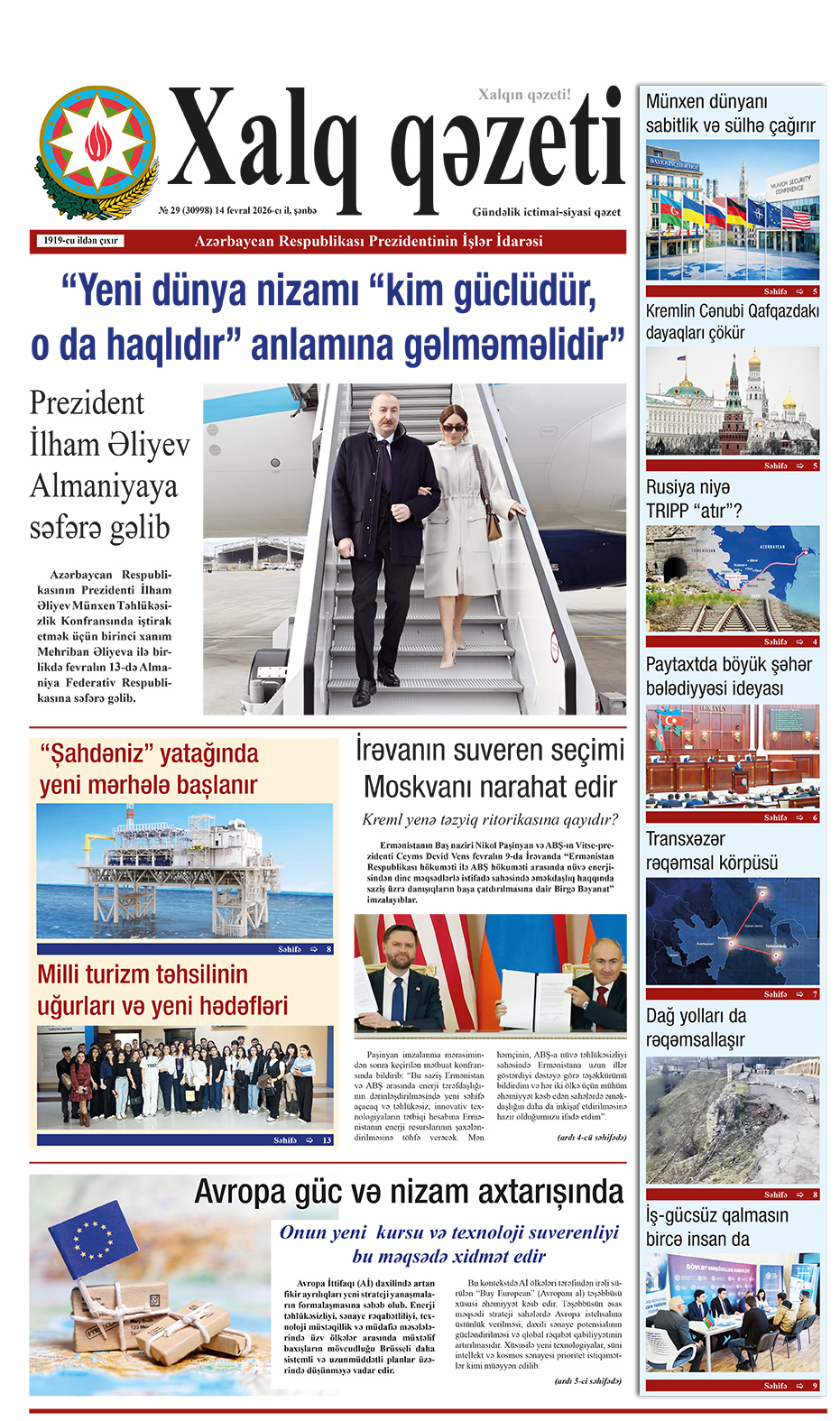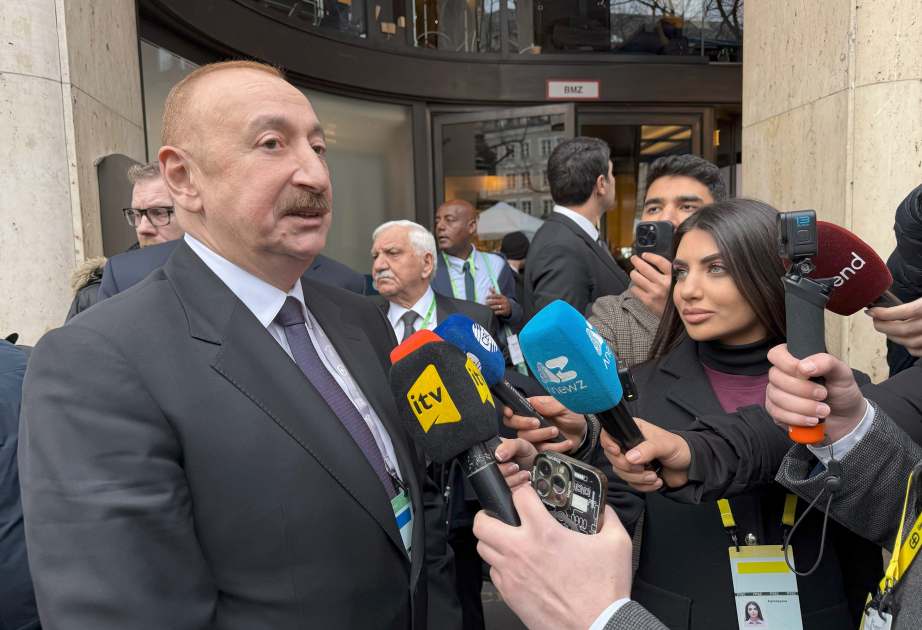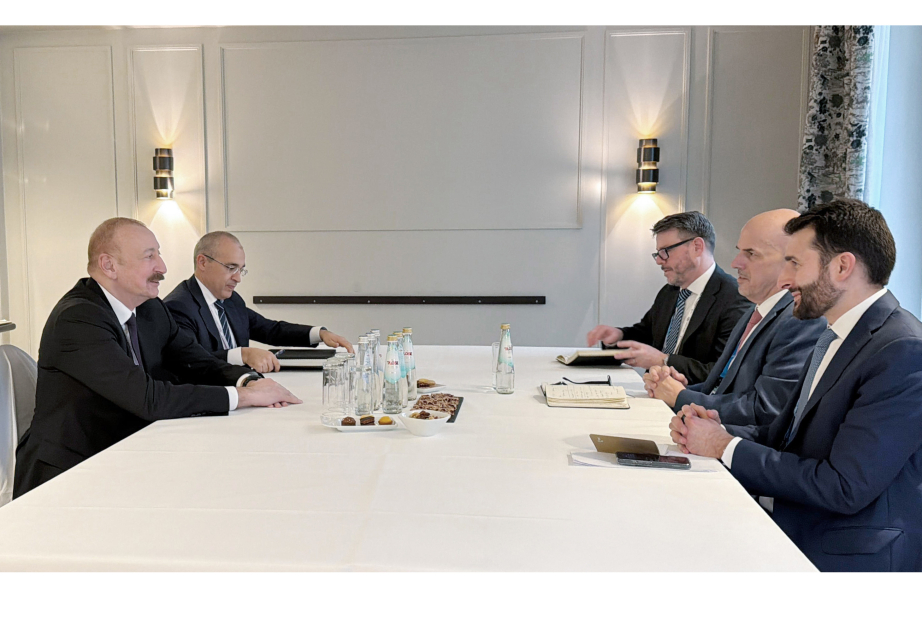Yerevan's attempts to bring anti-Russian rhetoric to the Eurasian Economic Union
Prime Minister of Armenia Nikol Pashinyan addressed the heads of the member states of the organization in connection with his country's assumption of the rotating chairmanship of the Eurasian Economic Union (EEU) in which Russia plays a dominant role. Of course, he made his appeal as the current chairman of the organization.
Yes, Armenia will chair the EU for one year. In fact, against the background of growing conflicts with Russia, it is interesting that Yerevan agreed to continue its activities as a member of the institution under the auspices of Moscow, let alone the leadership of it. After all, Prime Minister Nikol Pashinyan's administration has effectively parted ways with the Russian-dominated Collective Security Treaty Organization. That is why the speaker of the Armenian Parliament, Alen Simonyan, gave positive messages at the EU level in November of last year, inevitably, it was surprising. However, even then, it was known that these messages were not being heard just like that.
It should be noted that currently, Pashinyan and his team, almost at every opportunity they get, minimize the activities of the CSMT and show it as an insignificant institution. The foundation of this trend was laid in 2022. That year, Armenia held the chairmanship of the organization in rotation. And the summit of the CSTO held in Yerevan in November 2022 was remembered in terms of witnessing the hysterical moments of the chairmanship.
In his speech at the summit, Prime Minister N. Pashinyan tried to turn the CSTO into a tool of Armenia's anti-Azerbaijani rhetoric. He tried to get the institution to give a political assessment of the tension experienced on the Azerbaijan-Armenia border in September 2022.
At the meeting attended by the Russian President Vladimir Putin, Nikol very brazenly asked that the CSTO make a final decision showing Azerbaijan as an aggressor. However, his intention was not realized. Moreover, the President of Belarus, Alexander Lukashenko, and the President of Kazakhstan, Kasim-Jomart Tokayev, responded to Pashinyan's hysteria in their own style. The leader of Kazakhstan stated that Azerbaijan-Armenia borders have not been clarified and justified the current situation as far from the authority of the CSTO to intervene in it. Lukashenko, speaking more harshly, urged the Armenian Prime Minister not to leave those who gathered at the summit in the position of children. That is, it meant that the game that the official Yerevan wants to play on the platform of the KMT is meaningless.
***
Yes, currently N. Pashinyan's address to the heads of member states of the EU is the first signal of the attempt to transfer the senselessness at the CSTO level. It is quite clear that the official Yerevan is thinking of using this institution as a kind of springboard for its adventurous intentions, as well as choosing the continuation of the line regarding CSMT as a guide. Therefore, Armenia will take advantage of the presidency of the EU to discredit Russia and the organization in which it plays a dominant role. There is absolutely no doubt about it. The main issue that Pashinyan focused on in his appeal also gives grounds for such an opinion.
The Prime Minister of Armenia introduced the idea of "Crossroads of the World" in his address in which he announced the main perspective directions of action related to the EU. The idea that constitutes the modern concept of Armenian adventurism. As it is known, this project presented by the official Yerevan as "Crossroads of the World", "Crossroads of the World" or "Crossroads of Peace" is against the idea of "Zangezur Corridor" of Azerbaijan.
The core of "Zangazur Corridor" is the connection of other territories of our country with Nakhchivan. Keep in mind that the issue stems from the tripartite statement of the leaders of Azerbaijan, Russia and Armenia dated November 10, 2020. In the ninth paragraph of the tripartite statement, which appeared as a result of Armenia's defeat and capitulation in the 44-day war, it was very clearly emphasized that Yerevan should provide security for the road to Nakhchivan, and the security on that road should be protected by the Russian Federal Security Service. It is as if this provision does not exist for Armenia at the moment.
The position of Azerbaijan is that the road to Nakhchivan should be based on the logic of "the road from Azerbaijan to Azerbaijan". That is, there should be no border and customs control on that road. In general, the "Zangezur Corridor" should form the regional epicenter of transportation from the East through the Caspian Sea and Russian territory to the West through Turkey. The "Crossroads of the World" is based on the logic of turning Armenia into the center of transport to the Black Sea through Iran, and from there to Europe. This is completely unacceptable for our country.
First, there was a 44-day war. That is, Armenia did not contribute to the formation of order in the region by its own good will. So, for now, the country is, first of all, in a state of loss of confidence. He cannot be trusted to maintain security on any major project. Armenia should not be trusted because the country does not fulfill its obligations, that is, Pashinyan refuses his signature. Therefore, Azerbaijan proposes to pass the road to Nakhchivan through the territory of Iran. Such an approach is the isolation of Armenia. Rather, it is a continuation of isolation and rightly so.
Let's also take into account that in the current situation "Crossroads of the World" is not only an anti-Azerbaijani, but also an anti-Russian project. The current initiative is designed to take the burden of both political and economic resistance to Moscow's complete exclusion from the South Caucasus region. Therefore, Armenian officials, especially N. Pashinyan, are actively promoting the issue on all international platforms. Now this propaganda is moving to the EU level.
Imagine that, to put it bluntly, the Armenian government is thinking of selling its product to the Russian market and not paying the market owner anything in return. However, it can be said that Pashinyan and his supporters believe that their plans will come true. They may be overly cocky, but they are not naive.
Of course, in the current situation, distance from naivety is not the main parameter. The important thing is shamelessness. In fact, Prime Minister Nikol Pashinyan's speech at the meeting of the Supreme Eurasian Economic Council held in St. Petersburg at the end of December last year was a demonstration of typical Armenian character. It came out of his words that the EU, which is an economic organization, should not be turned into a tool for political purposes. However, we see that currently Pashinyan, first of all, deviates from this idea. In any case, it is no secret that "Crossroads of the World" is a complete political project.
Yes, Pashinyan and his team do not believe that it will be beneficial to bring the "Crossroads of the World" to the EU level. However, action in this direction is important for Yerevan. As they say, if you like yogurt, if you don't like buttermilk. Buttermilk is always there. The point is that at present, Armenia, figuratively speaking, is a ticking time bomb inside the EU. It should explode in full time. Just as it exploded at the level of CSMT one year ago, and now the "shrapnel" of that explosion is scattered around. That is, Armenia is implementing an anti-Russian policy by exaggerating the issue of non-activity of the CSTO. This policy, based on adventurous notes, is aimed at paralyzing the work of organizations in which Moscow plays a dominant role, and at forming the image that these organizations are of no importance.
N. Pashinyan is coming up with wonderful ideas to realize his goal. For example, emphasizing the importance of the declaration adopted on the future development of economic processes within the framework of the EU for the period up to 2045, the Armenian Prime Minister says that this document creates priority directions for the development of the institution. He states that in order to enter foreign markets, it is necessary to make maximum use of the transit potential and opportunities of the geographical position of the EU. Nicole also focuses on the development of Eurasia's transport infrastructure and additional efforts aimed at maximizing the potential of relations with international organizations and international development institutions, exporting goods to third countries. Saying that such "important issues" have not been realized at the moment, Pashinyan comes to the point: "In this context, the successful implementation of the promising "Crossroads of the World" project proposed by the Republic of Armenia will play an important role in achieving the goals of ensuring transit transportation on Eurasian international transport routes. "Crossroads of the world" can connect the countries of our region with roads, railways, cables, gas pipelines and power lines.
Apparently, the Prime Minister of Armenia is talking about issues that go over his head at the EU level. Nicole knows very well that each of the member states of the organization has a fairly high level of relations with Azerbaijan.
Against the background of all these statements, it is possible to conclude that the appeal of the head of the Armenian government to the heads of member states of the organization is nothing but a political provocation. Most likely, Pashinyan will greatly enrich the scope and content of his provocations in the future. Of course, if that means getting rich.
A. JAHANGIROGLU
XQ


.jpg)

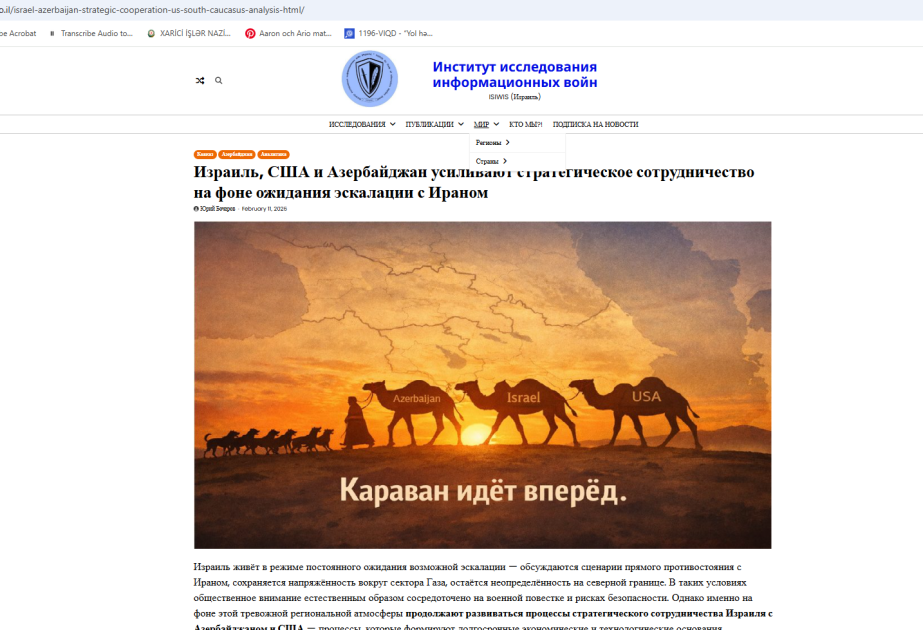
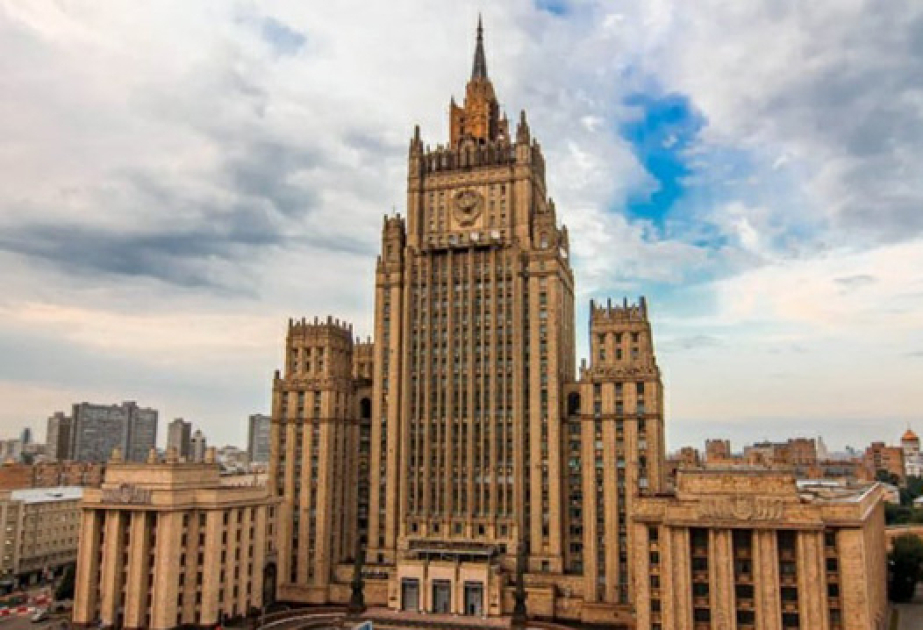
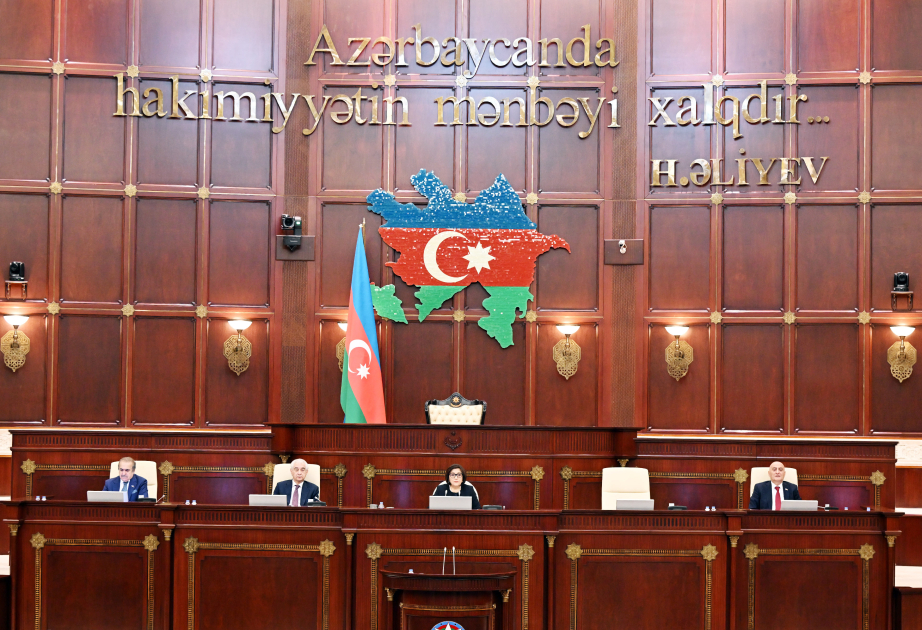
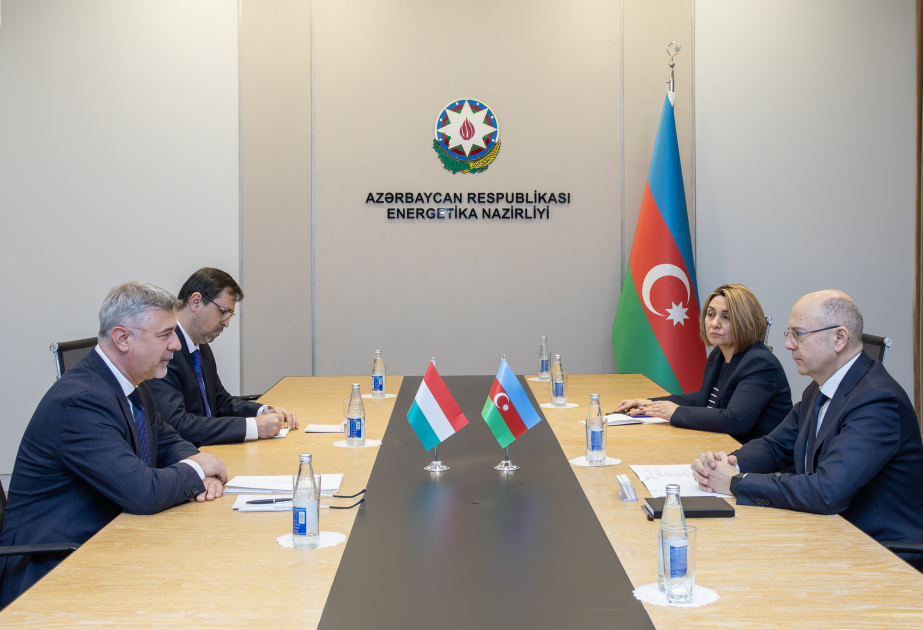
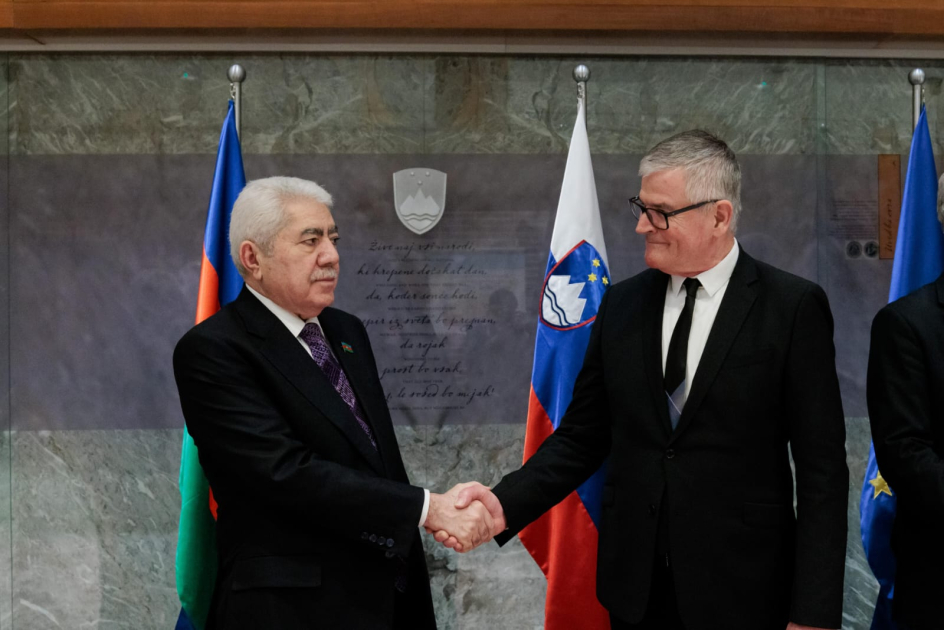
.png)
